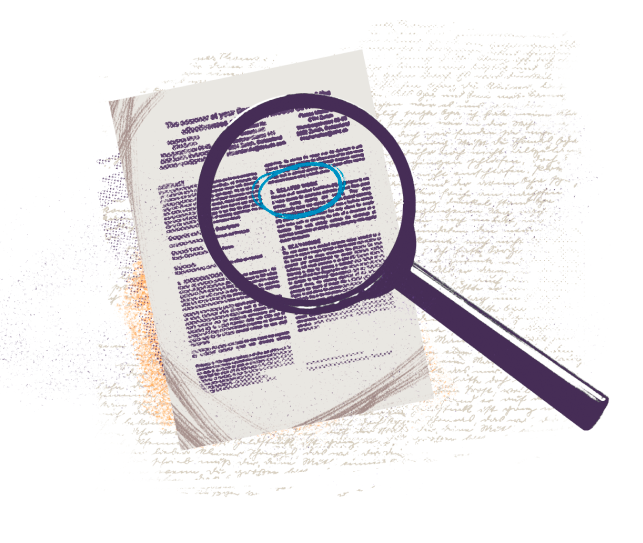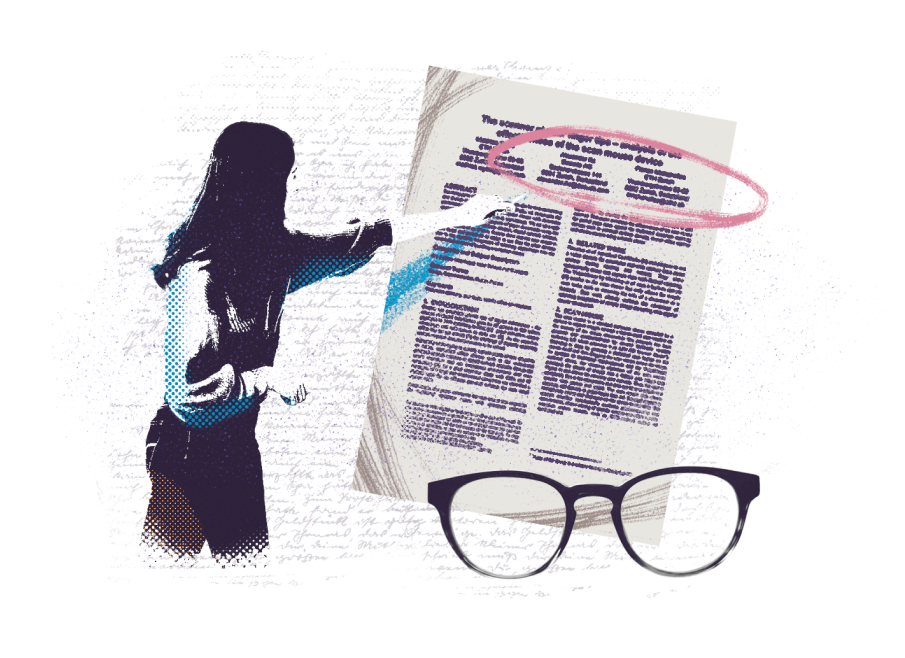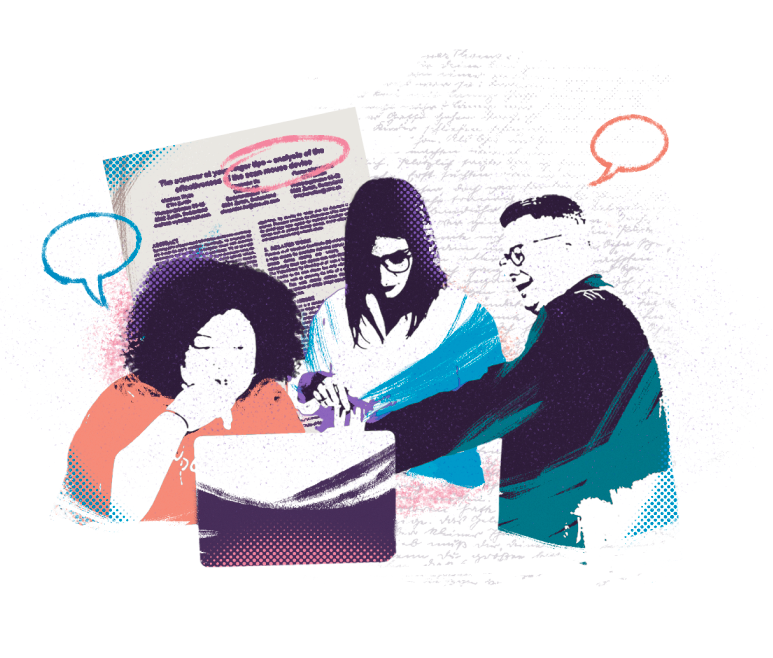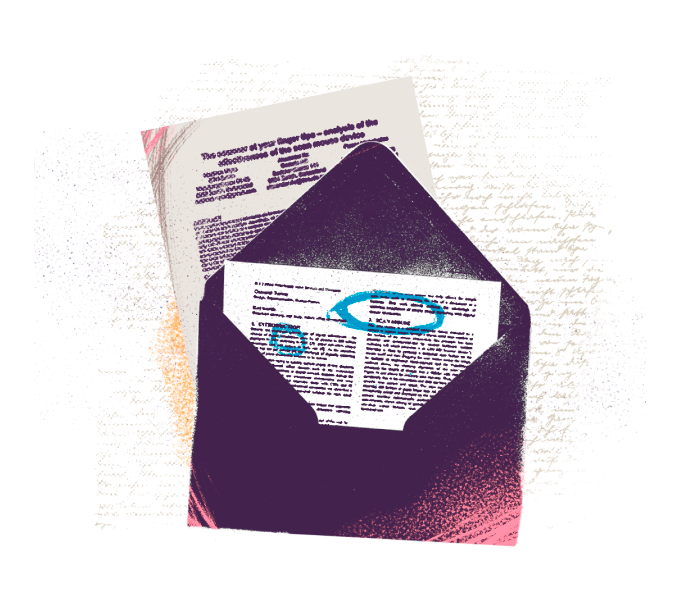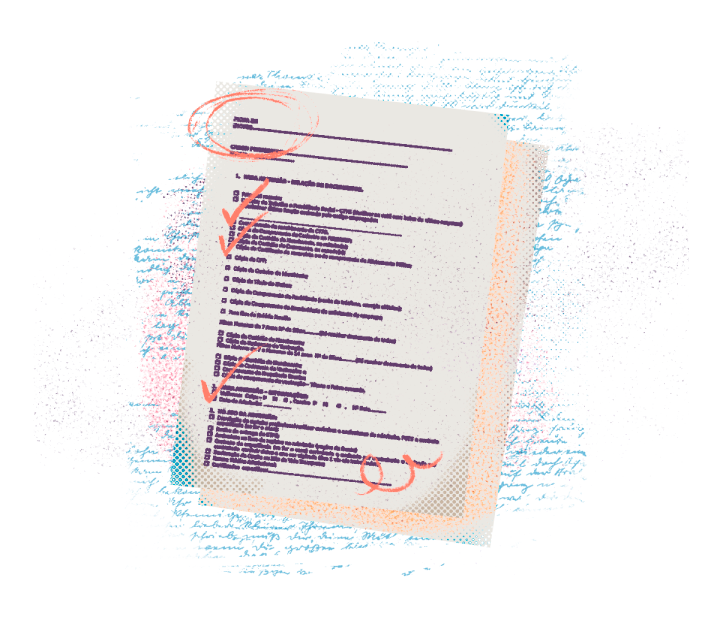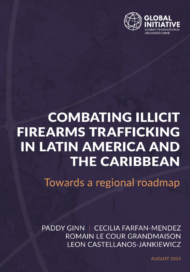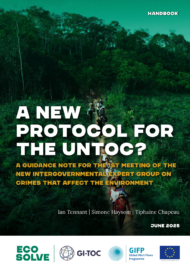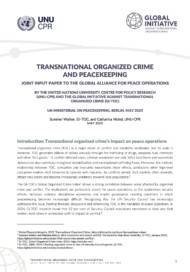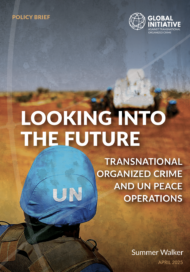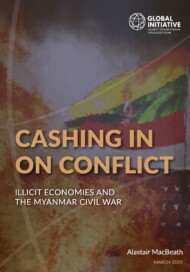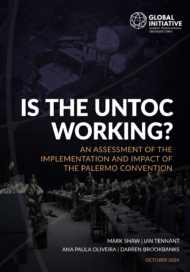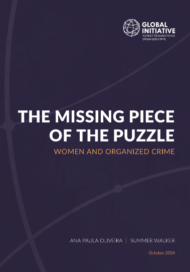About the UNTOC Hub
As a global civil society organization committed to working with governments and other stakeholders to prevent and counter transnational organized crime, the Global Initiative Against Transnational Organized Crime (GI-TOC) supports civil society efforts to engage with governments on the review mechanism.
The UNTOC hub provides a platform through which civil society groups from communities across the world can find information on how to engage and meaningfully contribute to the review mechanism.
To contact the UNTOC hub, please use the link below.

The review process
The Implementation Review Mechanism of the UN Convention against Transnational Organized Crime (UNTOC) was launched in Vienna, the home of the UN Office on Drugs and Crime (UNODC) in October 2020. Since then, the mechanism has begun its operations and state officials are engaging with each other and the UNODC in order to achieve its objectives.
The mechanism is intended to assess how states are implementing the UNTOC and the protocols to which they are party, and to identify what gaps exist in implementation that could be addressed through capacity building and technical assistance. But as the GI-TOC has stated, there are drawbacks in the design of the mechanism, including its low levels of compulsory transparency and limited scope for substantive engagement with civil society. This risks hampering the effectiveness of the mechanism, as civil society can provide data and expertise that is not always available to the state.
The Review Mechanism of UNTOC is a peer review, with one state being reviewed by two other states for the instruments (the Convention and its three Protocols) to which it is party. This means that there are two reviewers for each instrument to which a state is party and that such reviewers will not necessarily be the same.
The selection of states under review and reviewing states was carried out by a drawing of lots at the beginning of the review process in 2020. The draw determined the reviewers for each State Party. Reviewers will remain the same throughout the review process.
States Parties have been divided into three groups and start their review staggered in three consecutive years (2021, 2022 and 2023). All the articles of UNTOC and its Protocols have been divided into four clusters. The substantive review process for the four instruments has also accordingly been divided into four phases of two years each, and in each phase, the implementation of one thematic cluster by states will be reviewed.
The first cluster to be reviewed is ‘Criminalization and Jurisdiction’. This cluster covers articles 2, 5, 6, 8, 9, 10, 15 and 23 of the UNTOC; articles 3 and 5 of the Trafficking in Persons Protocol; articles 3, 5 and 6 of the Smuggling of Migrants Protocol; and articles 3, 5 and 8 of the Firearms Protocol. To assess their implementation of this cluster of provisions, states will use this UNODC questionnaire in its self-assessment phase.
Our review mechanism map shows which cluster each country is currently reviewing, who their reviewing countries are and when their review should have started.
Review Clusters
1. Criminalization and Jurisdiction
Articles 2, 5, 6, 8, 9, 10, 15 and 23 of UNTOC; Articles 3 and 5 of the Trafficking in Persons Protocol; Articles 3, 5 and 6 of the Smuggling of Migrants Protocol; and Articles 3, 5 and 8 of the Firearms Protocol
2. Prevention, technical assistance, protection measures and other measures
Articles 24, 25, 29, 30 and 31 of UNTOC; Articles 6, 7 and 9 of the Trafficking in Persons Protocol; Article 8, 9, 14, 15 and 16 of the Smuggling of Migrants Protocol; and Articles 7, 9, 10, 11, 14 and 15 of the Firearms Protocol
3. Law enforcement and the judicial system
Articles 7, 11, 19, 20, 22, 26, 27 and 28 of UNTOC, Articles 11, 12 and 13 Trafficking in Persons Protocol; and Articles 11, 12 and 13 of the Smuggling of Migrants Protocol
4. International cooperation, mutual legal assistance and confiscation
Articles 12, 13, 14, 16, 17, 18 and 21 of UNTOC, Articles 8 and 10 of the Trafficking in Persons Protocol; Articles 7, 10 and 18 of the Smuggling of Migrants Protocol; and Articles 6, 12 and 13 of the Firearms Protocol
Reports
Tackling firearms trafficking in Latin America and the Caribbean
A regional approach to combat violence
Read moreUNTOC related publications
Engaging with the UNTOC Review Mechanism
An overview for civil society
In order for civil society to engage in this process, information and guidance is needed. This section recaps some of the key information and resources that interested civil society will need to engage with the mechanism, and hopefully inform and improve the response to transnational organized crime.
Which countries are being reviewed now and what issues are being examined?
All the countries to be reviewed have been split into three groups. Countries in the first group have already begun the self-assessment phase and have been assigned two countries that will review their self-assessment. According to the Convention's guidelines, the timeline for the self-assessment process is as outlined below. However, due to delays, a number of member states are falling behind.
- Within two weeks of start of review: appointment of focal points.
- Within four weeks of start of review: appointment of governmental experts.
- Within six weeks of start of review: consultations among reviewing and reviewed states through focal points.
- Within six months of start of review: responses to the self-assessment questionnaires to be submitted by the state party under review.
- Within six months of submission of responses: written feedback to be submitted by reviewing states parties.
- Within six months of submission of feedback: lists of observations to be prepared by experts.
How to take action
The 189 countries with reviews underway are encouraged to engage with civil society during this self-assessment process. For civil society actors, time may be of the essence: the window for engagement could be closing soon and, for some countries in the first group, it may have already closed.
- Now is the time to engage with your government (which has or will designate a specific focal point for the review) using this letter, or your existing contacts.
- Fill in the questionnaires for civil society developed by the GI-TOC available on this page
- Read the UNODC questionnaire that states will answer under the current cluster.
- Consult the joint UNODC–GI-TOC guidelines for civil society engagement.
- Read the Review Mechanism official website for updates.
- Read the UNODC toolkit on stakeholder engagement.
- Check the UNODC Civil Society Unit page for updates on upcoming training or engagement sessions on the mechanism.
FAQ/Help
- What kind of civil society is engaged in the fight against transnational organized crime?
-
Civil society is diverse in structure and organization and, like organized crime, not easy to define. By its nature, its views on TOC and how to tackle it are also not uniform. However, the role of civil society as a complement to the efforts of governmental actors is key in the implementation of comprehensive responses to prevent and counter organized crime. In his introduction to the UNTOC convention, Kofi Annan, then UN secretary-general, singles out civil-society groups as having an ‘essential role to play in the running of any society’, in contrast to the ‘uncivil’ forces of organized crime, which do so much to destroy peace and prosperity. In general terms, the term ‘civil society’ can encompass all individuals and organizations that take collective action in the public interest, outside of state institutions. Annan refers to ‘the citizens’ groups, businesses, unions, professors, journalists, political parties and others who have an essential role to play in the running of any society’.
- Why is civil society engagement important?
-
States cannot prevent and counter organized crime on their own. Civil society can add valuable insight and evidence on the situation on the ground, providing access to data, contributing to highlighting the lack of implementation or impact of legilsation, prosecutions and follow-ups. The Convention’s Implementation Review Mechanism provides an important opportunity for civil society to contribute, whilst also building links between government and non-governmental actors as both sides continue their complementary efforts to address transnational organized crime.
- What impact can civil society engagement have?
-
Given the context in which they are operating, and the diverse range of expertise, data and insight that they have, CSOs and individual members of civil society can make four distinct contributions to the fight against transnational organized crime through enhancing the success of the UNTOC Review Mechanism:
1. Improving the performance of the UNTOC review process: The Review Mechanism will benefit from the input of diverse voices from across civil society, will provide a broader and more contextualized review through the information and feedback they provide to states parties.
2. Building partnership with governments: Based on the timing and substantive content of the country review process, CSOs can develop an outreach programme with national and international stakeholders and media and thereby influence public debates on UNTOC implementation, and ultimately work in partnership to improve implementation on the ground.
3. Building evidence and best practices for wider benefit: By disseminating its field research and building networks in the wider UNTOC-focused community, academics and journalists (as individual members of civil society), as well as larger CSOs, can ensure that the UNTOC Review Mechanism has means of demonstrating success to states parties and the international community more widely.
4. Impact at the national and international levels: Taken together, the voices of civil society will be heard, and have impact on policy recommendations at both the national and international levels.
- What are the ways civil society can engage in the Review Mechanism?
-
The Rules and Procedures of Review Mechanism agreed by member states set out a clearly defined role for civil society in the review process, and the governments under review should consult with relevant stakeholders in the preparation of responses to the self-assessment questionnaire, including the private sector, non-governmental organizations and academia.
Civil society has three avenues through which to partake in the review mechanism process:
1. States parties are encouraged to consult with relevant stakeholders at the national level during the self-assessment phase.
2. Relevant civil society stakeholders have the opportunity to take part in a constructive dialogue with states parties that take place in Vienna and virtually.
3. Finally, civil society groups will be able to participate in and make oral statements at the general review session held at the plenary of the UNTOC Conference of Parties, in October 2022 in Vienna.
To meaningfully engage with member states in the process, it is also important to be prepared. For that, you can consult the tools and guidance available on this website
- How many countries are being reviewed in each cluster?
-
All the countries to be reviewed have been split into three groups. The first group is composed of 62 countries, and the second group of 63 countries.
- What are the clusters under review?
-
The Procedure and Rules of the Review Mechanism establishes that it has to be divided in four thematic clusters based on their subject matter. The four clusters are:
1. Criminalization and Jurisdiction (Articles 2, 5, 6, 8, 9, 10, 15 and 23 of UNTOC; Articles 3 and 5 of the Trafficking in Persons Protocol; Articles 3, 5 and 6 of the Smuggling of Migrants Protocol; and Articles 3, 5 and 8 of the Firearms Protocol)
2. Prevention, technical assistance, protection measures and other measures (Articles 24, 25, 29, 30 and 31 of UNTOC; Articles 6, 7 and 9 of the Trafficking in Persons Protocol; Article 8, 9, 14, 15 and 16 of the Smuggling of Migrants Protocol; and Articles 7, 9, 10, 11, 14 and 15 of the Firearms Protocol)
3. Law enforcement and the judicial system (Articles 7, 11, 19, 20, 22, 26, 27 and 28 of UNTOC, Articles 11, 12 and 13 Trafficking in Persons Protocol; and Articles 11, 12 and 13 of the Smuggling of Migrants Protocol)
4. International cooperation, mutual legal assistance and confiscation (Articles 12, 13, 14, 16, 17, 18 and 21 of UNTOC, Articles 8 and 10 of the Trafficking in Persons Protocol; Articles 7, 10 and 18 of the Smuggling of Migrants Protocol; and Articles 6, 12 and 13 of the Firearms Protocol)
- Where can I find the focal point appointed by my country?
-
For details on focal points and government experts appointed by your country, you need to engage with your government.
- When is the review mechanism finished?
-
According to the official timeline, the Review Mechanism is expected to end by November 2028.
- Does my organization have to have ECOSOC status to engage in the Review Mechanism?
-
No. Non-governmental organizations can participate in the Review Mechanism without having ECOSOC status in various avenues at the Review Mechanism. One is the Constructive Dialogues. For non-governmental organizations looking to participate in the Constructive Dialogues, please see the following UNODC Civil Society Unit page: https://www.unodc.org/unodc/en/ngos/constructive-dialogues.html. Participation can also occur through the plenary of the Conference of the Parties. Ultimately civil society can contribute by providing direct input to their governments through a self assessment questionaire.

